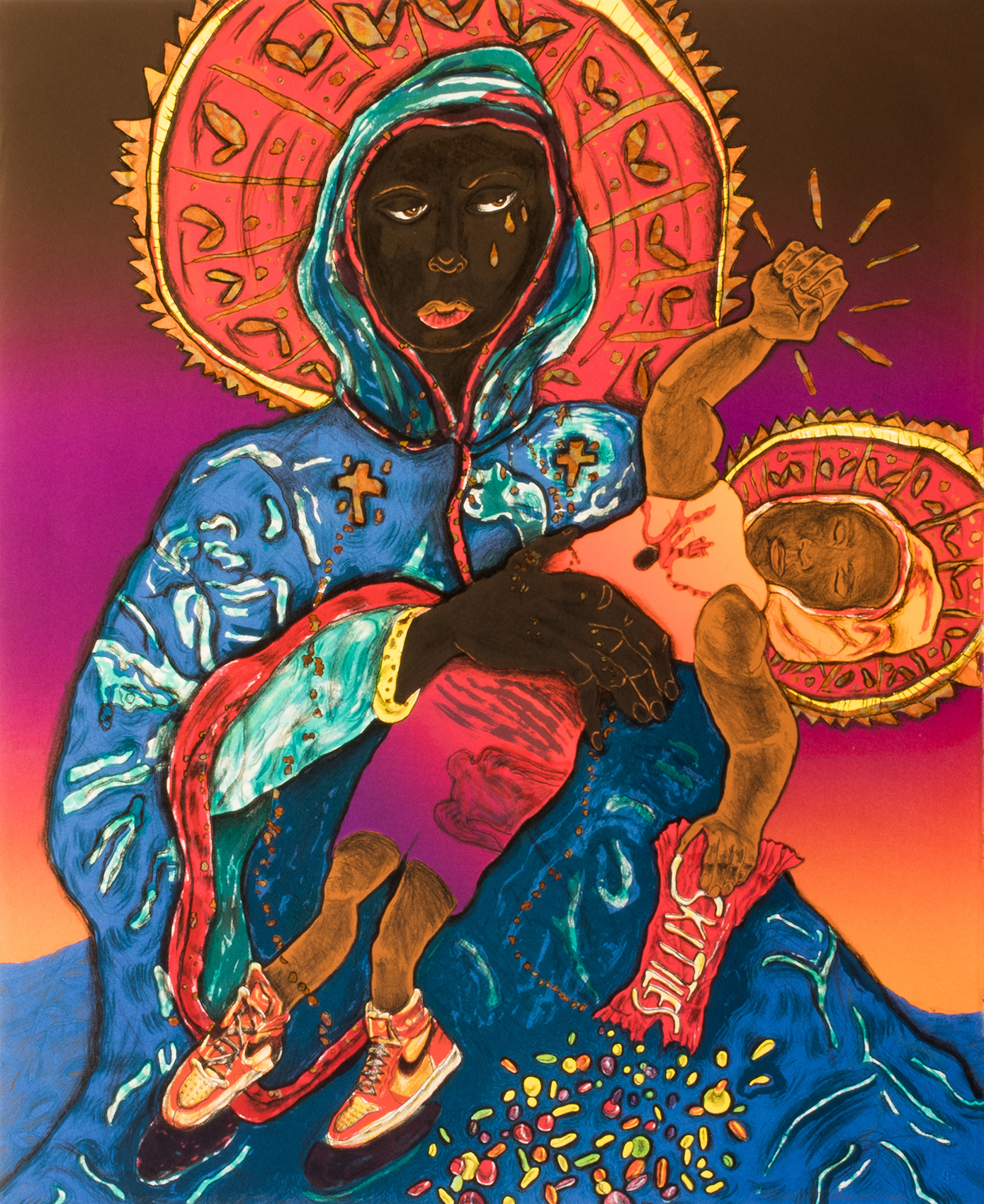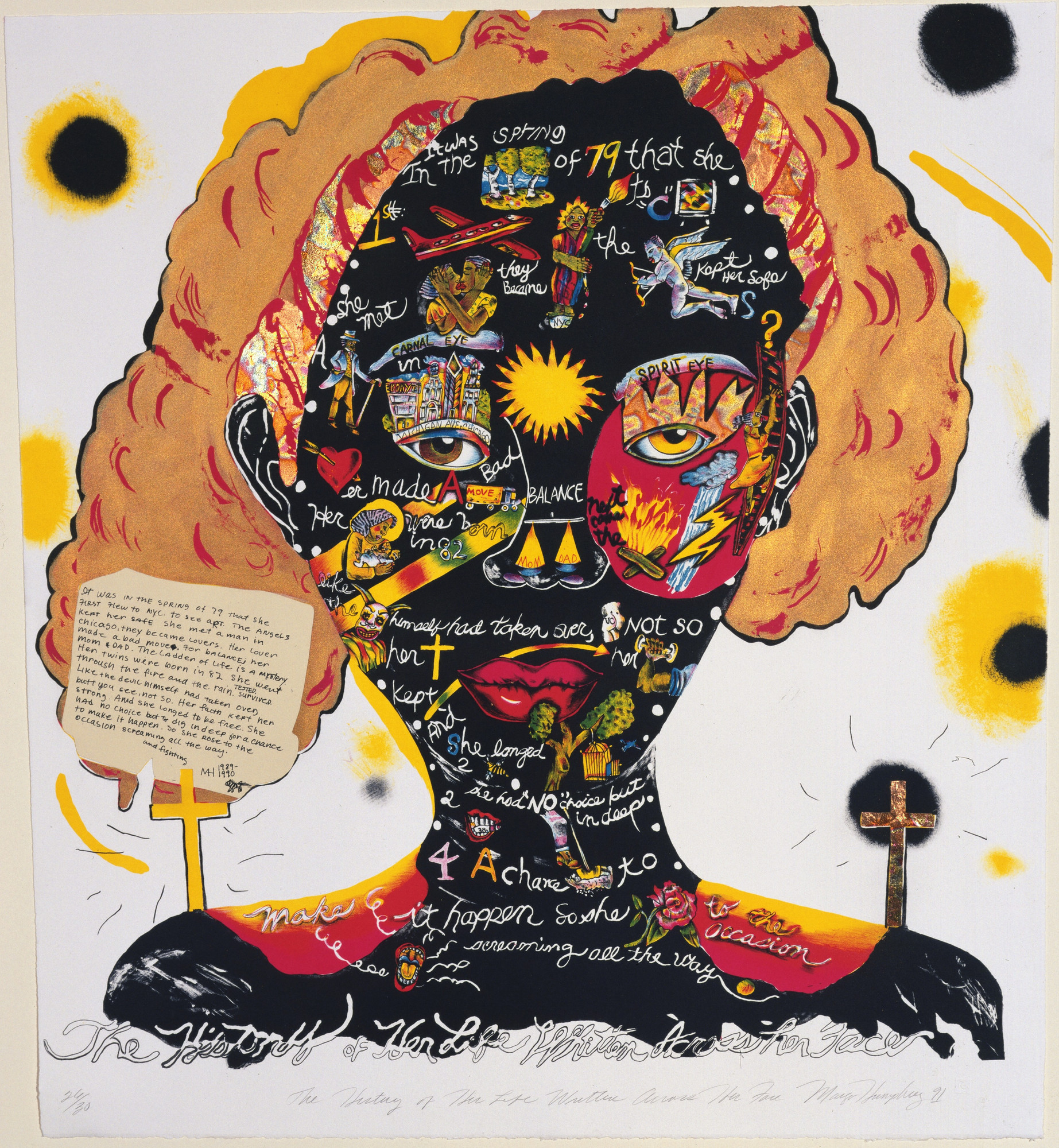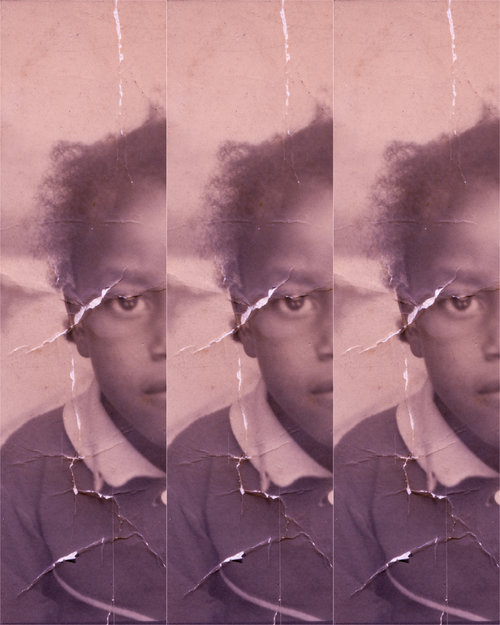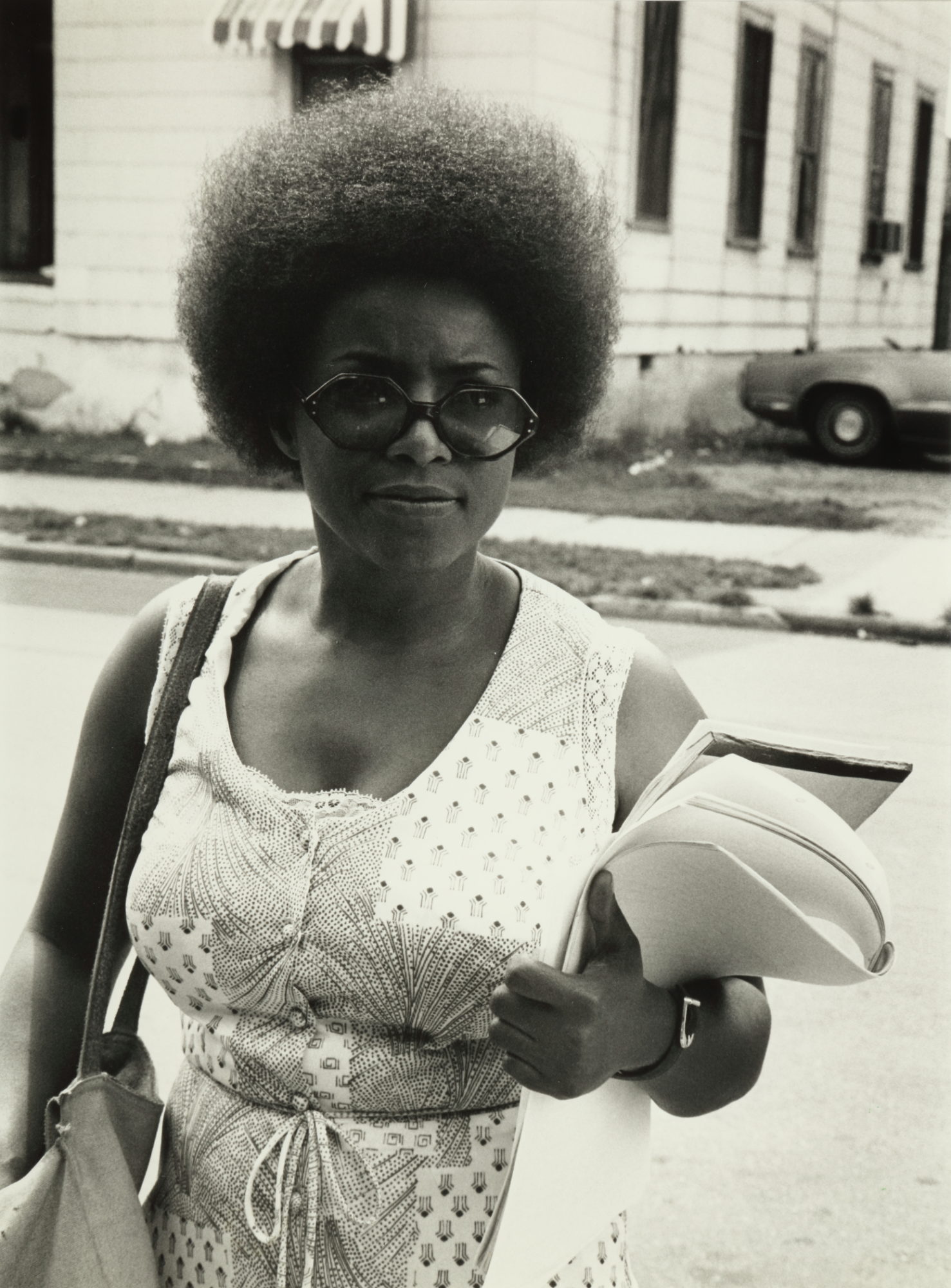Margo Humphrey
-
 The River that Gave Gifts: An Afro American Story
by
ISBN: 0892390190Publication Date: 1978Margo Humphrey’s children’s book that touches on intergenerational relationships, and on giving and receiving.
The River that Gave Gifts: An Afro American Story
by
ISBN: 0892390190Publication Date: 1978Margo Humphrey’s children’s book that touches on intergenerational relationships, and on giving and receiving.
Carrie Mae Weems
-
Carrie Mae Weems: Kitchen Table Series by Kitchen Table Series is the first publication dedicated solely to this early and important body of work by the American artist Carrie Mae Weems. The 20 photographs and 14 text panels that make up Kitchen Table Series tell a story of one woman's life, as conducted in the intimate setting of her kitchen. The kitchen, one of the primary spaces of domesticity and the traditional domain of women, frames her story, revealing to us her relationships--with lovers, children, friends--and her own sense of self, in her varying projections of strength, vulnerability, aloofness, tenderness and solitude. As Weems describes it, this work of art depicts "the battle around the family ... monogamy ... and between the sexes." Weems herself is the protagonist of the series, though the woman she depicts is an archetype. Kitchen Table Series seeks to reposition and reimagine the possibility of women and the possibility of people of color, and has to do with, in the artist's words, "unrequited love." Carrie Mae Weems (born 1953) is considered one of the most influential contemporary American artists. In a career spanning over 30 years, she has investigated family relationships, cultural identity, sexism, class, political systems and the consequences of power. Weems' complex body of art employs photographs, text, fabric, audio, digital images, installation and video. Weems has received numerous awards, grants and fellowships, including the prestigious MacArthur "Genius" grant and the Prix de Roma. She is represented in public and private collections around the world, including The Metropolitan Museum of Art, The Museum of Fine Arts, Houston, The Museum of Modern Art and the Museum of Contemporary Art, Los Angeles.
ISBN: 9788862084628Publication Date: 2016-04-26 -
Carrie Mae Weems: Strategies of Engagement by
ISBN: 1892850338Publication Date: 2018An exhibition catalog published in 2018 in relation to an exhibition of her work of the same name held that year at Boston College. -
Carrie Mae Weems: Speaking of Art byPublication Date: 2015A video of Carrie Mae Weems speaking in depth on her work and thoughtful process up to that point in 2004.
-
Ward, L. (2018). “Keep Runnin’ Bro”: Carrie Mae Weems and the Visual Act of Refusal. Black Camera 9(2), 82-109.In this article, Ward’s focus on Carrie Mae Weems as an artist emphasizes the power of visual culture for resistance and self-empowerment, that he defines just as broadly as SOLHOT’s expansive process.
.jpg)
Untitled (Man Smoking from The Kitchen Table Series). Silver gelatin print.
Jen Everett

Installation view: Unheard Sounds, Come Through, Found objects Variable 2019
Doris Derby
-
Interview with Dr. Doris Adelaide Derby
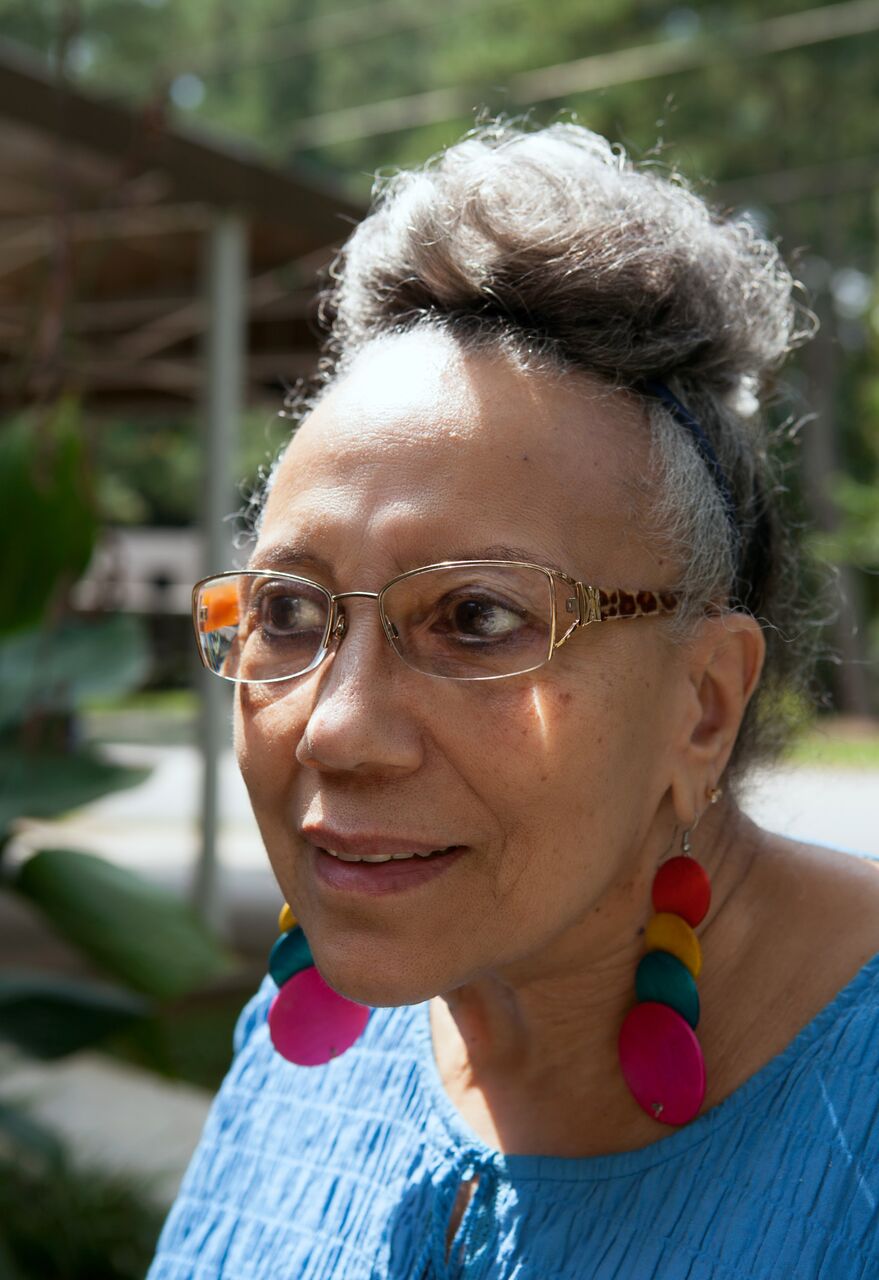 Here Dr. Derby speaks with Erin Jane Nelson with Art Papers Magazine in an interview on her work, life, and involvement with the SNCC and the Civil Rights Movement.
Here Dr. Derby speaks with Erin Jane Nelson with Art Papers Magazine in an interview on her work, life, and involvement with the SNCC and the Civil Rights Movement.
-
Dirt & Deeds in Mississippi byPublication Date: 2015A film produced in part by Dr. Doris Adelaide Derby that tells the history of Black landowning families in the deep South in the 1960’s and their significant socio-political role on suffrage, land tenure, and political offices.
-
SNCC 50th Anniversary Conference. Volume 22, Women Leaders and Organizers: "You Can Do This" byPublication Date: 2011Not another film produced by Dr. Derby, but a video of a conference on the 50th Anniversary of the Student Nonviolent Coordinating Committee that Doris Derby spoke as a panelist in critically reflective discussions on the work that women have done.

